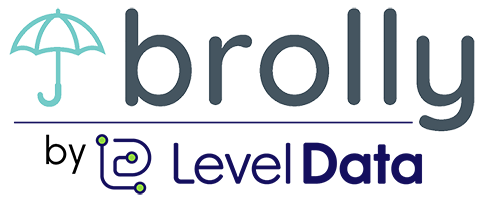Compliance 101
IEPs, Service Provision, FAPE and IDEA

As education leaders, we have a fundamental responsibility to ensure that every student has access to a quality education that meets their unique needs. For students with disabilities, this responsibility is even more critical. To ensure that every student with disabilities receives the support they need to succeed, it is important for schools and districts to focus on individualized instruction, provision of prescribed services, FAPE, and ultimately compliance with IDEA.
Firstly, compliance with IEPs is crucial for ensuring that students with disabilities receive an education that meets their unique needs. IEPs are legal documents that outline the specific goals, services, accommodations, and modifications that a student with disabilities requires to achieve their educational goals. When schools and districts fail to comply with IEPs, students may not receive the support they need to learn and thrive, leading to frustration, underachievement, and decreased opportunities for future success.
Secondly, delivery of services is essential for ensuring that students with disabilities receive the support they require. Effective service tracking ensures that students receive the appropriate support throughout the school year, regardless of any changes in staff or schedules. Failure to track services can lead to students missing out on critical support, which can impact their ability to learn and succeed.
FAPE compliance is another imporatnt legal obligation for all schools and districts. FAPE refers to the requirement that every student with disabilities receive an education that is tailored to their unique needs, at no cost to the family. When schools and districts fail to comply with FAPE, they may be in violation of federal law, which can lead to legal action and sanctions. Additionally, failure to provide a free appropriate public education to students with disabilities can lead to decreased educational outcomes and limited opportunities for future success.
Lastly, the overarching law for serving students with disabilities is IDEA. IDEA requires schools and districts to provide special education and related services to students with disabilities. Compliance with IDEA is crucial for ensuring that schools and districts meet the legal requirements for serving students with disabilities, including the development of IEPs, the provision of related services, and the provision of accommodations and modifications.
When schools and districts are found to be in violation of IEP, service provision, FAPE, or IDEA, there can be serious consequences. Legal action may be taken, resulting in financial penalties, reputational damage, and decreased opportunities for future funding. In addition, students may be negatively impacted, leading to decreased educational outcomes, increased frustration, and limited opportunities for future success.
On the other hand, schools and districts that effectively implement measures to serve their students with disabilities well can reap significant benefits. Students with disabilities who receive appropriate support are more likely to achieve their educational goals, leading to increased confidence, self-esteem, and future opportunities. Additionally, effective support for students with disabilities can lead to improved academic outcomes, decreased behavior problems, and increased overall school success.
In conclusion, while the consequences of noncompliance with all of the above can be severe, the benefits of effective support for students with disabilities are significant. As educators, teachers, and administrators, it is our responsibility to ensure that every student with disabilities receives a quality education that meets their unique needs.
